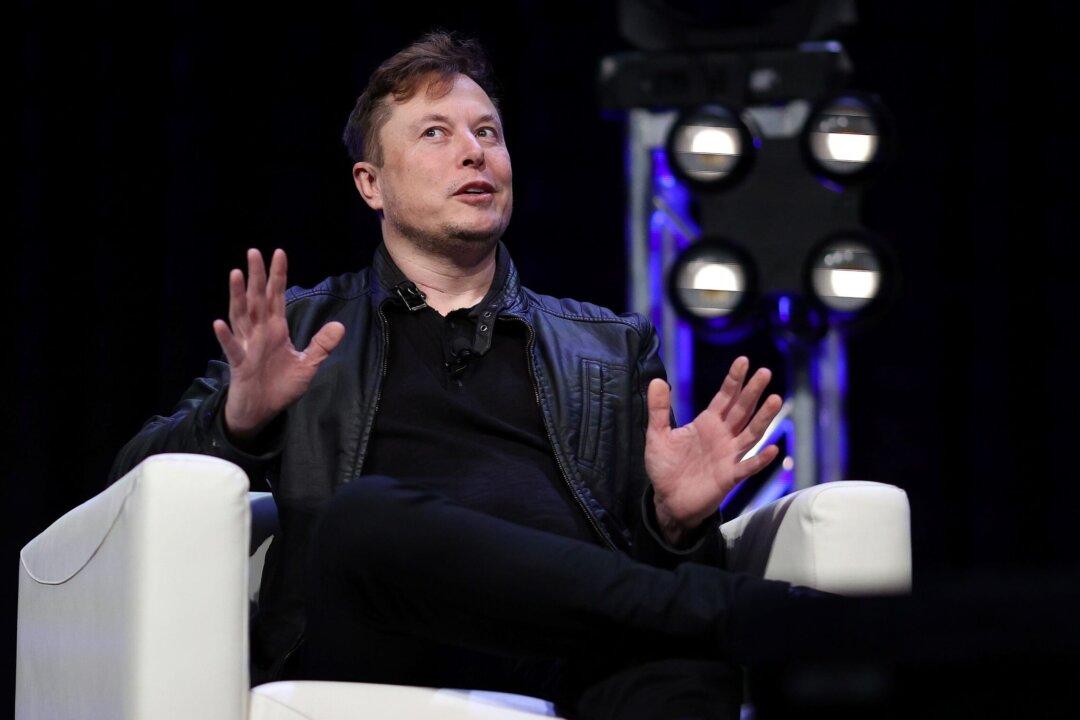As Target’s stock price has taken a beating amid conservative backlash over the company’s decision to sell LGBT-themed items and clothing, Twitter CEO Elon Musk said Friday that it’s just a matter of time before Target faces lawsuits for “destruction of shareholder value.”
Musk made the remarks in response to a tweet by conservative activist Charlie Kirk, who posted about JPMorgan downgrading Target’s stock after suffering its longest losing streak in decades.





